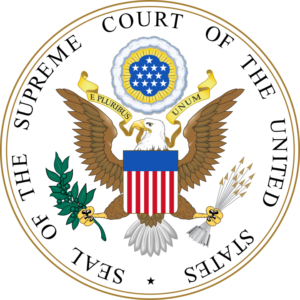Originally published on Forbes.com June 27th, 2013
You probably will not have to look very far to find many more comments like this one on Dailykos:
I am so happy for my LGBT friends who now have their marriages recognized by the federal government. I wish I could join you in celebrating. But I am not able to do that…because of a word. Remember that time? It’s only a word. What difference does the name make? Some of the people on the left said the same thing. Back in 2006 New Jersey’s Supreme Court ruled that same-sex couples were fully entitled to “the rights and privileges of civil marriage.” But the justices said at the time that they would leave to the “democratic process” what to call those rights
The assumption is that the Windsor decision only applies to same-sex couples who are married, not couples who are in civil unions. There is, however, at least a hint that this might not be the case. In 2011, the IRS responded to a letter asking for advice on the filing status of an opposite sex couple that were united in a civil union. Here is the text:
This responds to your July 14,2011, letter to Commissioner Shulman requesting information on the filing status for Federal income tax purposes of parties to an Illinois civil union who are of opposite sex.
In general, the status of individuals of the opposite sex living in a relationship that the state would treat as husband and wife is, for Federal income tax purposes, that of husband and wife. Section 20 of the Illinois Religious Freedom Protection and Civil Union Act provides that “ party to a civil union is entitled to the same legal obligations, responsibilities, protections, and benefits as are afforded or recognizes by the law of Illinois to spouses . .” 750 lll. Comp. Stat. 7Sl20 (2011).
Accordingly, if Illinois treats the parties to an Illinois civil union who are of opposite sex as husband and wife, they are considered “husband and wife” for purposes of Section 6013 of the Internal Revenue Code, and are not precluded from filing jointly, unless prohibited by other exceptions under the Code.
Hopefully, soon, someone, with more patience and knowledge than I, will go through each state statute and make a determination as to whether parties to civil unions, registered domestic partners or whatever else they may be called are spouses for federal income tax purposes. The answer may differ from state to state. A Revenue Ruling on the subject would be very nice, but is, perhaps, too much to hope for.
You can follow me on twitter @peterreillycpa.































































































